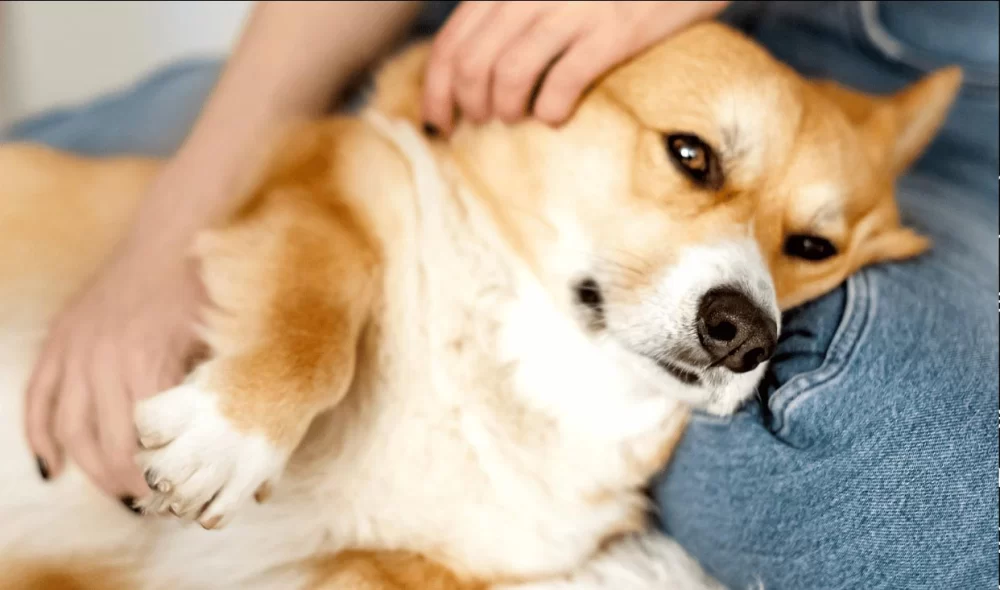Understanding the Warning Signs of Cancer in Dogs and Cats
As pet owners, we all want the best for our furry companions. We provide them with nutritious food, regular exercise, and plenty of love. However, there is one important aspect of pet care that often gets overlooked: cancer. Cancer is a devastating diagnosis for any pet, but the sooner it is detected, the better the chances of successful treatment. In this article, I want to share my personal experience and knowledge about the signs of canine and feline cancer. It’s crucial for pet owners to understand these warning signs so they can take action early and ensure the best possible outcome for their pets.
1. Early Detection Is Key
In my own experience, I never realized how common cancer was in pets until my dog, Max, was diagnosed. Max, a Golden Retriever, had always been healthy and active. But one day, I noticed he seemed to be slowing down. He wasn’t as eager to play, and he started having trouble getting up after lying down. At first, I thought it was just the result of getting older, but something didn’t feel right. After a visit to the vet, I was devastated to learn that Max had a tumor in his abdomen.
Max’s story is not unique. Cancer can affect any pet, regardless of breed or age. In fact, it is estimated that nearly half of all dogs over the age of 10 will develop cancer. This is why early detection is so important. Recognizing the signs of cancer in your pet and seeking veterinary care as soon as possible can make all the difference in the outcome.
2. Common Signs of Cancer in Dogs
Recognizing cancer symptoms in dogs can be challenging because many of the signs are subtle and easy to dismiss. Here are some common warning signs to look out for:
- Lumps or bumps: These can be signs of tumors, which may or may not be cancerous. It’s important to have any unusual lumps or bumps examined by a vet.
- Changes in appetite or weight: If your dog is losing weight despite eating normally, or if they are refusing food, it could be a sign of cancer.
- Excessive fatigue: If your dog is lethargic or doesn’t want to play or walk like they used to, this could indicate a serious health issue.
- Unexplained bleeding or discharge: If you notice blood in your dog’s stool, urine, or vomit, or if they have unusual discharge from their eyes or nose, seek veterinary help immediately.
- Persistent coughing or difficulty breathing: This can be a sign of cancer in the lungs or chest area. Don’t ignore it!
If your dog exhibits any of these symptoms, don’t wait. Early intervention can improve your dog’s chances of recovery.
3. Recognizing Cancer in Cats
Cats are notorious for hiding illness, so it can be particularly challenging for pet owners to detect cancer in their feline friends. However, there are certain signs to look out for:
- Loss of appetite or difficulty eating: Cats with cancer often lose interest in food. This can lead to weight loss and malnutrition.
- Unexplained weight loss: Even if your cat is eating normally, they may lose weight due to the metabolic demands of the cancer.
- Lumps or sores: Just like dogs, cats can develop lumps under their skin. These could be tumors or abscesses.
- Changes in behavior: A normally active and curious cat that suddenly becomes lethargic or withdraws from social interaction may be ill.
- Difficulty urinating or defecating: Cats with cancers in the abdominal area may have difficulty using the litter box or may have blood in their urine or stool.
If you notice any of these signs in your cat, it’s important to get them checked by a veterinarian as soon as possible. Cats may not show symptoms until the cancer is advanced, so early detection is vital.
4. The Role of Veterinary Care in Cancer Diagnosis
Taking your pet to the vet regularly is crucial for maintaining their health, especially as they age. Annual check-ups give the veterinarian a chance to detect any health problems early, including cancer. If your vet suspects cancer, they will likely recommend diagnostic tests such as blood work, X-rays, ultrasounds, or biopsies. These tests can help determine the type and stage of cancer, which is essential for planning the best course of treatment.
While the diagnosis of cancer is never easy, there are many treatment options available, including surgery, chemotherapy, radiation, and palliative care. In some cases, cancer can be treated successfully, and your pet can lead a healthy, happy life for years to come. It’s important to remember that cancer is not an automatic death sentence, especially if it’s caught early.
5. A Personal Story: Max's Journey
After Max was diagnosed with cancer, I felt lost and scared. But I was determined to give him the best chance possible. Together with my vet, we decided on a treatment plan that included surgery to remove the tumor, followed by chemotherapy. The journey was not easy. Max lost his hair, and there were moments when I wasn’t sure if he was going to make it. But through it all, he remained the same loving dog I had always known. Thanks to early detection and the incredible care he received, Max is now cancer-free and living a happy, active life.
Max’s story is just one example of how early intervention can make a huge difference in the outcome of cancer treatment. I want other pet owners to know that while the road ahead may be difficult, there is hope. If you notice any unusual signs in your pet, don’t hesitate to seek veterinary care. You could be giving your pet the best chance at a long and healthy life.
6. Conclusion: Why You Should Stay Vigilant
As pet owners, we must stay vigilant and aware of the signs of cancer in our pets. By recognizing the symptoms early, we give our pets the best chance for a successful outcome. Whether it’s a lump, a change in behavior, or a loss of appetite, don’t ignore the signs. Your pet’s health is worth the effort, and early detection can save lives. Always trust your instincts, and if something feels off, consult your veterinarian. Together, we can provide our pets with the care and love they deserve.












